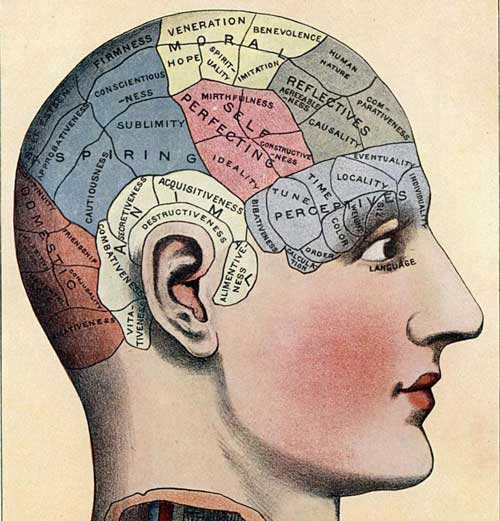Conversations about wartime atrocities often omit certain details. According to research published in Psychological Science, a journal of the Association for Psychological Science, these omissions can lead people to have different memories for the event depending on social group membership.
“We started thinking about this project around the time when stories began to emerge in the popular media about atrocities committed by American soldiers in Iraq and Afghanistan,” says lead researcher Alin Coman, psychological scientist at Princeton University.
“We wanted to scientifically investigate the effect of hearing about these incidents at the level of the American public,” Coman notes. “How will people remember these atrocities? Will they tend to suppress the memory to preserve the positive view of their in-group? Will they conjure potential pieces of information to justify the atrocities?”
As people discuss events, such as abuses at Abu-Ghraib and Guantanamo, the stories are often reworked over time – Coman and colleagues at the John Jay College of Criminal Justice and New School for Social Research wondered whether this reworking might alter people’s memories for the events.
Linking work on moral psychology and cognitive psychology, the researchers hypothesized that listeners would more easily forget unrepeated justifications for atrocities that are supposedly perpetrated by someone from an outside group, but would be motivated to remember the unrepeated justifications when the perpetrators are members of their own group – possibly as a way of shielding in-group members from moral responsibility.
To test their hypothesis, the researchers asked 72 American participants to read stories about perpetrators of war atrocities who were either American soldiers (in-group) or Afghan soldiers (out-group). The stories were drawn from or constructed to resemble actual media reports, and the atrocities in the stories were accompanied by a justifying action – for example, the perpetrator submerged an insurgent’s head in cold water because he had withheld information about an upcoming attack.
Participants studied the stories and, after a 10-minute distractor task, they watched a video of another person recounting the atrocities – but not repeating the justifications – from two of the four stories that had been presented. After another distractor task, participants were asked to recall as much as they could about each of the four stories they had studied.
The results showed that participants were more likely to forget justifications for the atrocities committed by Afghan soldiers that had been recounted in the videos compared to justifications for the atrocities that hadn’t been recounted. The results indicate that hearing the stories repeated without the original justifications led participants to forget those justifications, just as the researchers expected.
But participants showed no memory impairment for unrepeated justifications when the perpetrator was American. That is, in-group membership made participants more likely to remember the reasons why the soldier committed the act, even though they had not been reminded of those reasons in the video.
“What we learn from this research is that moral disengagement strategies are fundamentally altering our memories,” explains Coman. “More specifically, these strategies affect the degree to which our memories are influenced by the conversations we have with one another.”
These findings are important, the researchers argue, because the ways in which people recall justifications could “influence attitudes and beliefs, the willingness to pay reparations, and the level of aggression toward out-groups.”


u13100794
Modern Psychology has shown society there are unifying themes related to its subject matter of the Human Psyche. There are two in particular which I feel could explain this phenomenon of selective memory.
The first is the fact that behaviour is shaped by a persons cultural heritage. The second is that a persons experience of the world is totally subjective. The strength of a memory, in essence the more likely a situation/experience is to be remembered, is affected by our appraisal of the situation. Our appraisal is subjective and our subjectivity is influenced by our culture.
In the instance of the experiment, Americans can sympathise more with people of their own cultural heritage which could explain the ease with which the details regarding atrocities committed by American Soldiers can be remembered. While for the Afghanistan soldiers, the justifications for their atrocities are not as accessible to an American due to the cultural divide and so a strong link is not formed, increasing the chances of the justification being forgotten.
I think that the manner in which these people remember these atrocities can be associated with the fact that it could be easier to remember these events in particular way due to a sense of loyalty towards their fellow countrymen. People may often tend to remember only certain parts of events, each having different segments of one event, although they all experienced it together, either because they might not want to remember the event the way in which it had actually happened because the memory might bring them unhappiness, stress, or they just don’t want their views of certain people’s personalities or relationships to become tarnished because of certain attributes of that person they had witnessed.
Though the suppression of circumstantial memories in events might be justified as a form of the preservation of positive aspects of fellow men; this might however, prove to be injurious in providing crucial evidence in court etc. And if people continue with the retention of memories it could, as stated in the article, affect the conversations within groups of people.